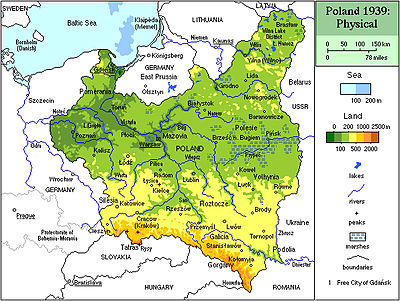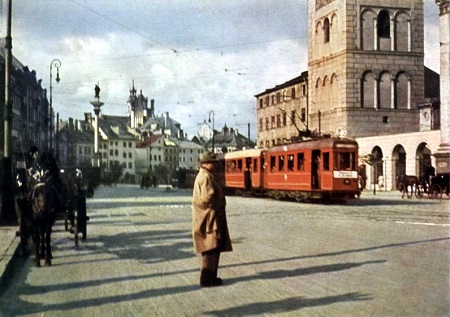
It soon became apparent that Lenin was beginning to win the Civil War in Russia and would soon be able to free up the Red Army for use outside the country. In a pre-emptive strike intended to stop the Bolsheviks, Jozef Pilsudski, the Commander of the Polish Forces, attacked the Bolsheviks in force in February,1919. Pilsudski could not allow the Bolsheviks to gain full strength and hoped that the White and Red forces in Russia would weaken each other to the point that neither were a threat. Pilsudski also hoped that other countries (namely Bialy-Russia, Ukraine and the Baltic States) would form a defensive alliance with Poland against Russia (Red or White); the alliance never materialised. After initial Polish successes, a strong Bolshevik counter-attack drove the Poles back and threatened Warsaw, the fortress city of Modlin and Lwow. However, by the time of the critical Battle of Warsaw in August 1920, the Poles had broken the Bolshevik codes and were able to split, isolate and defeat the Red Army forces who retreated in disarray. With both sides exhausted and with Poland under pressure from the League of Nations, a negotiated settlement (the Peace of Riga 1921) split the disputed territories in Bialy-Russia and the Ukraine between the two combatants.
In the aftermath of WW1, it was Poland's misfortune to find herself sandwiched between two aggressive neighbours: Germany to the west and the Soviet Union to the east. The fact that both of these European super-powers harboured territorial ambitions in Poland made the Polish position even more dangerous. During 1918-22, the loss of the Baltic port of Danzig (now Gdansk) and the separation of East Prussia from the rest of Germany by a strip of land known as the 'Pomeranian corridor', had generated much resentment in Germany. Hitler and the Nazis exploited these widely-held grievances and used them as a pretext for war. Following Hitler's invasion of Czechoslovakia in March 1939, it became clear to the leaders of Britain and France that Poland would be Hitler's next target. As a consequence, and in order to halt German expansionism, Britain pledged its support and that of France to guarantee Polish independence.
